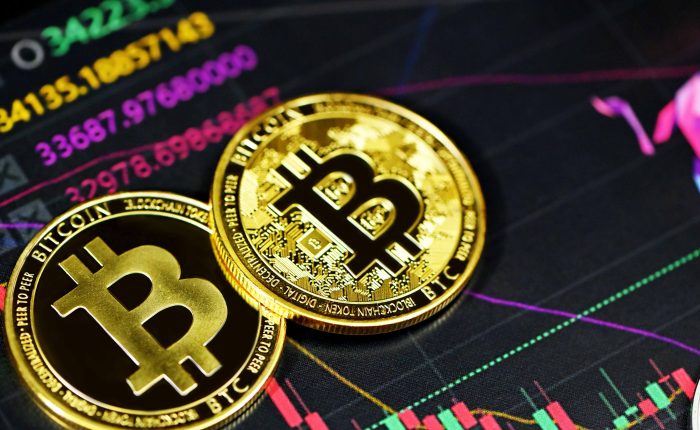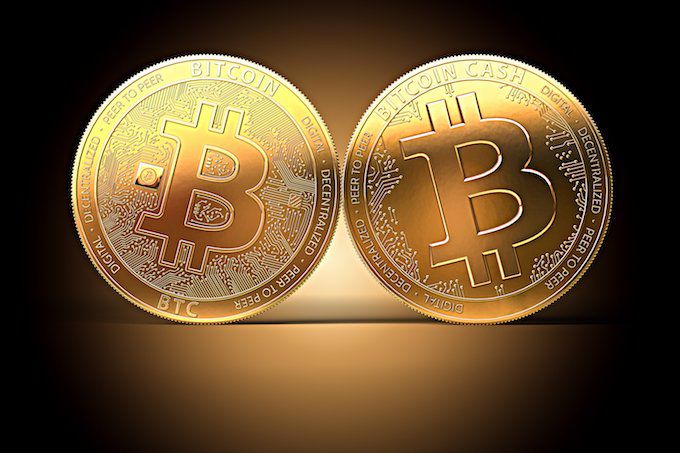What is a Cryptocurrency Exchange?

Cryptocurrency exchanges allow users to learn cum sa cumperi bitcoin and sell digital currencies such as bitcoin, litecoin and ethereum. They also allow users to convert cryptocurrency into fiat currency, keep it in their accounts, or withdraw it as cash.
Before choosing an exchange, consider its fees, security features, storage and withdrawal options, and educational resources. It’s also important to know how much liquidity the exchange offers.
Definition
A cryptocurrency exchange (CEX) is a marketplace where you can trade digital assets. These include cryptocurrencies like Bitcoin, Ethereum and Litecoin.
The exchange is similar to a stock or commodities exchange. CEXs often offer a range of financial tools, including trading on margin or speculating on the price of a specific cryptocurrency through a CFD trading account.
Cryptocurrency exchange can be centralized or decentralized. Centralized exchanges like Bybit https://www.bybit.com/en-US/ usually act as intermediaries between buyers and sellers of cryptocurrencies and make money through commissions and transaction fees.
Types
Cryptocurrency exchanges are platforms where you can buy, sell or trade cryptocurrencies. They can also be used to store digital assets.
There are two main types of cryptocurrency exchanges: centralized and decentralized. Centralized exchanges act as intermediaries between buyers and sellers, making money through commissions and transaction fees.
A centralized exchange usually has a user-friendly interface and offers simple trading processes. These are ideal for beginners and those who want to use their own funds to trade cryptocurrencies. They also tend to offer customer support and security services.

Fees
Cryptocurrency exchanges charge fees to make money, facilitate transactions and maintain their platforms. These fees vary widely, so it’s important to know what you’re up against before trading.
Signing up: Before you can trade on a cryptocurrency exchange, you need to create an account. This usually involves providing your personal information, proof of address and uploading a government-issued photo ID.
User verification: Most crypto exchanges require a user verification process to confirm your identity and verify that you are the rightful owner of the email address that you used to create an account. The process can take a few minutes up to several days, depending on the exchange and the level of verification required.
Trading fees: Traders are often charged a percentage of their transaction amount, whether they’re buying or selling. In addition, some crypto exchanges assess copy trading fees when users choose to follow other investors’ trades.
Security
Cryptocurrency exchanges are entrusted with significant amounts of customer funds. This means that they need to be secure in order to protect their users’ assets. Responsible exchanges store most of their clients’ cryptocurrencies in cold storage, which is offline and safe.
In addition, they use a secure MultiSig hot wallet to ensure that only enough funds are needed to execute transactions. This helps to reduce the risk of hacks, since it’s much harder for hackers to get into a hot wallet than a cold one.
Exchanges should also implement 2FA (two-factor authentication). This involves a password that’s verified by another device, such as a phone or hardware device. This is an extremely effective way to help prevent hacking attacks.
Liquidity
Liquidity is a measure of how easy it is to convert assets or cash into another asset or cash, without moving the market price. This is important for investors, as it reduces risk and aids in developing an exit strategy.
In the world of crypto, liquidity is a vital factor that traders must understand before trading. It will help them navigate the pain points of the exchange market and avoid higher trading costs or inefficiencies that can throw them off guard.
Market liquidity is a measure of how active and efficient a cryptocurrency market is. It is also a metric that shows how easily a cryptocurrency can be traded for other cryptos or fiat currencies. Generally, larger markets have more liquidity than smaller ones.

